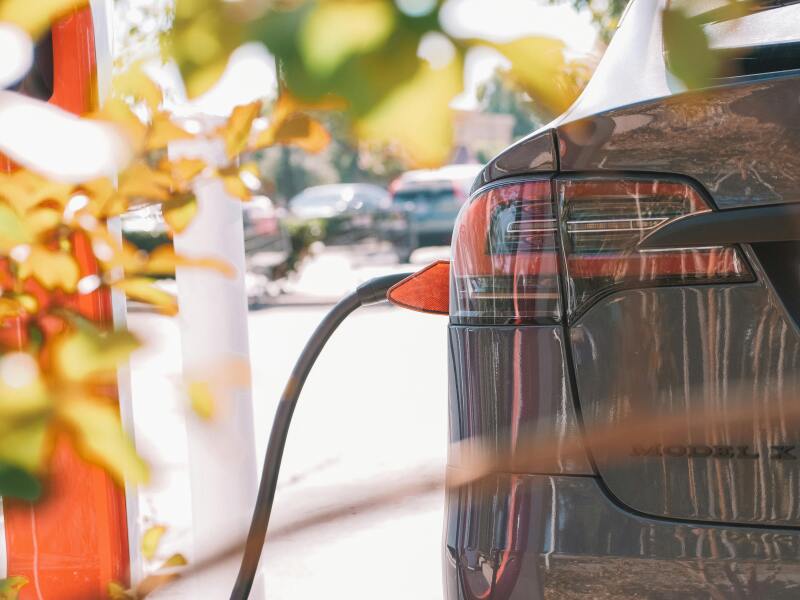Smart and bidirectional charging in Europe
25096
From 2025 to 2026
Bidirectional charging turns electric cars into flexible energy sources. TML is investigating which applications and models make this possible and is translating the insights into policy advice.
The transition to electric transport requires more than just additional charging stations: smart and bidirectional charging technology is also crucial. Smart charging ensures that electric vehicles (EV) charge when electricity is cheap or sustainably available, while bidirectional charging allows cars to feed energy back into the grid. In this way, EVs become small, mobile batteries that contribute to grid stability and the integration of renewable energy.
TML is part of a European research team commissioned by the European Commission to identify use cases and business models. We are investigating how countries differ in their approach to technology, regulation, and market forces, and what lessons can be learned from this. Our method combines literature research, policy and data analyses, interviews with key actors and workshops with stakeholders in various Member States. In this way, we not only identify the technical and economic feasibility, but also the legal and social preconditions. The insights from this project should help to remove barriers and strengthen policy frameworks, enabling smart and bidirectional charging to be rolled out on a large scale in Europe.
TML supports consortium leader Ramboll on two key aspects of the study: covering two countries for the deep-dive research and providing energy expertise.
The transition to electric transport requires more than just additional charging stations: smart and bidirectional charging technology is also crucial. Smart charging ensures that electric vehicles (EV) charge when electricity is cheap or sustainably available, while bidirectional charging allows cars to feed energy back into the grid. In this way, EVs become small, mobile batteries that contribute to grid stability and the integration of renewable energy.
TML is part of a European research team commissioned by the European Commission to identify use cases and business models. We are investigating how countries differ in their approach to technology, regulation, and market forces, and what lessons can be learned from this. Our method combines literature research, policy and data analyses, interviews with key actors and workshops with stakeholders in various Member States. In this way, we not only identify the technical and economic feasibility, but also the legal and social preconditions. The insights from this project should help to remove barriers and strengthen policy frameworks, enabling smart and bidirectional charging to be rolled out on a large scale in Europe.
TML supports consortium leader Ramboll on two key aspects of the study: covering two countries for the deep-dive research and providing energy expertise.


